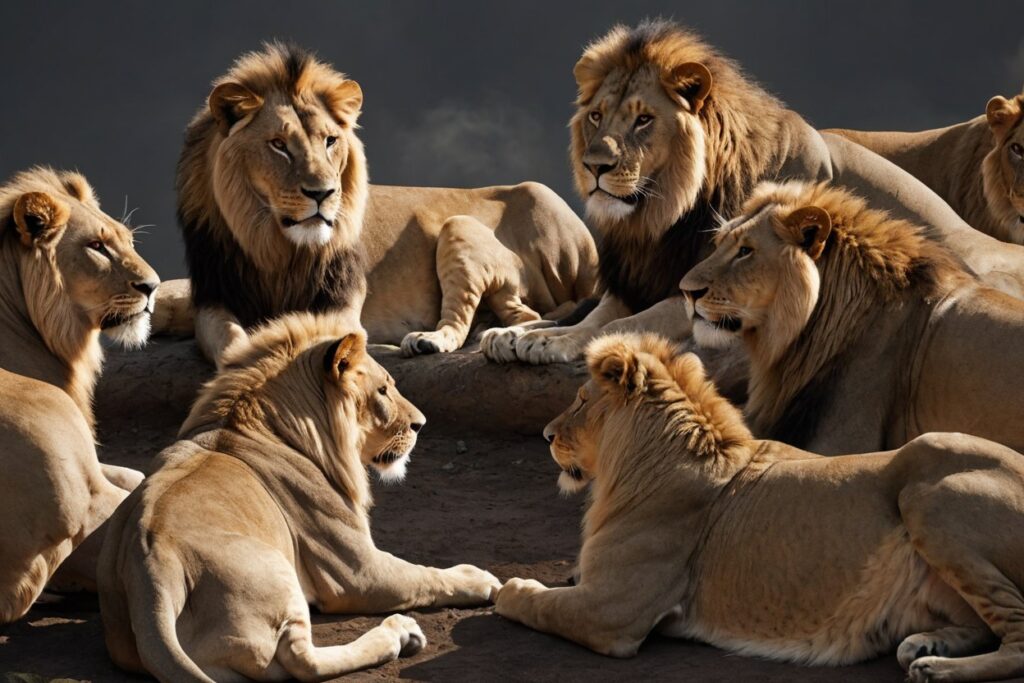- Web
- Feb 15, 2026
Study shows democracy reduces conflict in animal groups
-

- Web Desk
- Aug 04, 2024

WEB DESK: A recent study found that democratic decision-making can help reduce conflicts in animal groups, much like the “democratic peace hypothesis” suggests for human societies.
Traditionally, conflicts between groups were thought to be a behaviour unique to humans, influenced by culture. However, new research indicates that such conflicts also occur among animals, offering insights into the evolutionary roots of this behaviour.
Read more: New AI tool outperforms others in predicting protein functions
Researchers developed a mathematical model to explore whether democratic decision-making affects the frequency of conflicts in animal groups. The model used a game theory approach to analyse two types of decision-making systems: one where all group members share equal decision-making power and another where only leaders make decisions.
The study found that when decisions are made democratically—meaning the majority influences the outcome—conflicts within the group tend to decrease. If followers have more say in decisions, their preference for peaceful strategies can reduce the overall aggression of the group.
The model also considered that leaders might benefit more from conflicts compared to followers, which could influence the group’s decision to engage in aggression or peace. If leaders are in a better position to gain from conflicts, increasing follower influence might lead to more aggression.
Similarly, if leaders face higher costs or receive fewer benefits from conflicts, greater follower influence could result in less aggressive behaviour.
The study also revealed that when followers are in the majority and have some decision-making power, their preferences are likely to dominate. The outcome reflects a broader trend where strong or influential views often prevail, mirroring other situations where extreme opinions can win out.
Different animal species have various decision-making structures. For instance, olive baboons practice shared decision-making, while bottlenose dolphins have a more hierarchical approach.
The study’s model suggests that predictions about conflict and decision-making might differ based on these structures. Further research is needed to understand how these decision-making models apply in different contexts and how changes in group composition can affect decision-making and conflict levels.
Read more: New study shows giant planets form faster than expected
The research indicates that democratic decision-making can influence the frequency of conflicts in animal groups. The balance of power between leaders and followers plays a critical role in determining how aggressive or peaceful a group becomes.




